10 Houseplants That Are Toxic and Nontoxic For Dogs and Cats
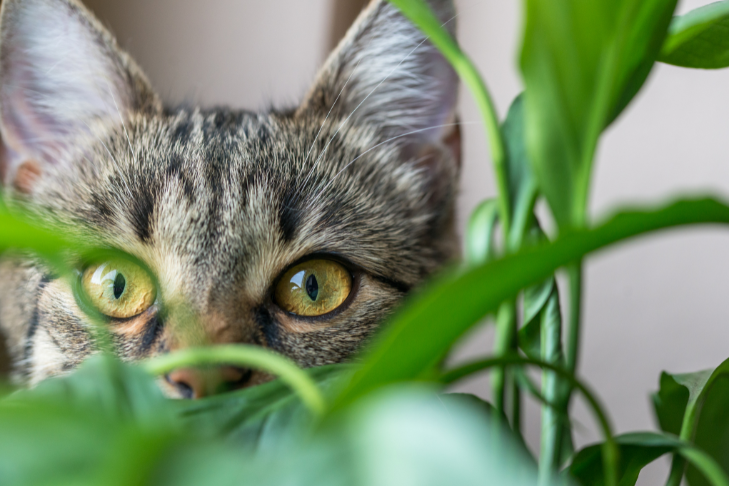
If you love plants and live with pets, it’s important to know which houseplants are safe — and which could be harmful to your dog or cat.
Houseplants bring natural beauty into your home, but curious pets can turn them into a hazard. If your dog or cat loves to chew, dig, or get into trouble when you’re not around, it’s essential to choose pet-safe plants and avoid those that may be toxic.
Toxic Houseplants to Avoid if You Have Pets
When shopping for indoor plants, steer clear of the following varieties. These popular houseplants can be toxic to dogs and cats if ingested.
Aloe Vera

While Aloe Vera is packed with benefits for human skin, it’s toxic to dogs and cats. It contains anthraquinone glycosides, compounds that act as a natural laxative. In pets, this can lead to vomiting, diarrhea, lethargy, and appetite loss.
Snake Plant (Sansevieria trifasciata)

Snake Plants are beautiful and low-maintenance, but they contain saponins, which can cause nausea, vomiting, diarrhea, and drooling in pets. It’s considered mildly toxic but still best kept out of reach.
Pencil Cactus (Euphorbia tirucalli)
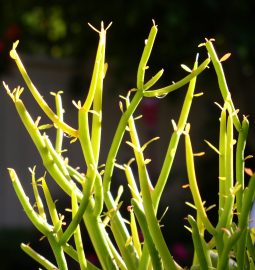
The Pencil Cactus contains a milky sap that can irritate your pet’s mouth, skin, eyes, and digestive tract. Ingestion may lead to significant discomfort, so it’s safest to avoid this plant altogether.
Jade (Crassula ovata)

Jade Plants are commonly found in homes, but their toxic compounds (still not clearly identified) can cause vomiting, dry heaving, depression, aggression, and lethargy in both cats and dogs.
Golden Pothos (Epipremnum aureum)
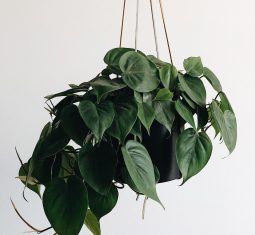
Also known as Devil’s Ivy, Golden Pothos contains calcium oxalate crystals that can cause oral irritation, excessive drooling, vomiting, and difficulty swallowing. Rare cases may involve swelling of the upper airway, which is a veterinary emergency. Many plants in the Araceae family share this trait, so it's best to avoid them entirely.
What to Do If Your Pet Eats a Toxic Plant
If your dog or cat ingests a plant that may be toxic, contact your veterinarian immediately. Even plants considered “mildly toxic” can cause serious symptoms depending on the pet's size, sensitivity, and how much was consumed.
Pet-Safe Houseplants to Consider
Looking for greenery that’s safe for your furry friends? These non-toxic houseplants are pet-friendly and make great additions to your home. Bonus: many of them also purify the air and reduce household allergens.
Hoya
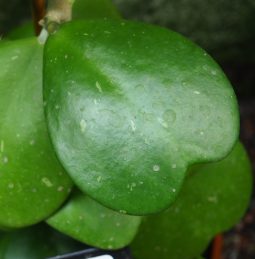
Echeveria

Calathea
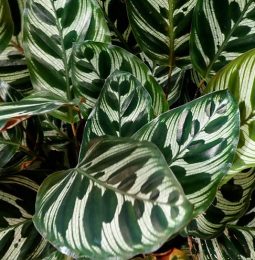
Orchid

Bamboo

If your pet has a reaction to a plant or experiences skin irritation, try our Topical! It’s made with 100% plant-based, pet-safe ingredients and is designed to soothe and support irritated skin naturally.
Before bringing any new plant home, make sure to research its effects on dogs and cats. While many plants are safe, some can be dangerous — even in small amounts. Creating a pet-safe home environment helps ensure your furry friend stays healthy, happy, and itch-free.


